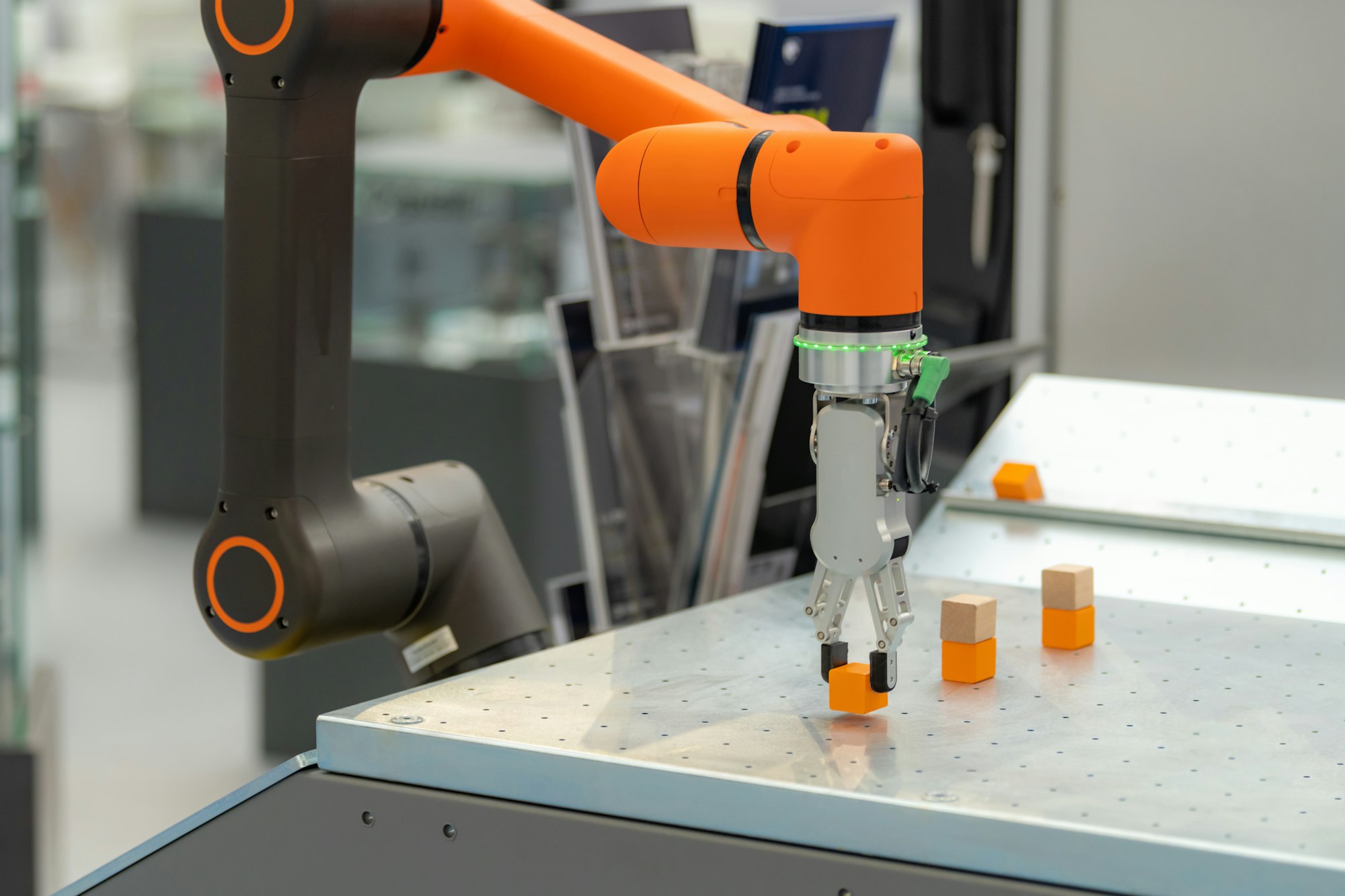The Rise of Collaborative Robots
As companies look to boost efficiency and make work easier for employees, collaborative robots, or “co-bots,” are becoming more common in factories and other industrial settings. These robots are designed to work alongside humans, taking on repetitive, boring, and physically demanding tasks. Unlike traditional robots that work separately from humans, co-bots combine human creativity with robotic precision to make workplaces safer and more productive.

Impact on Productivity and Cost Reduction
Research from the Boston Consulting Group shows that using these advanced robots can increase productivity by about 16% and cut production costs by up to 30%. This means that co-bots can significantly improve how factories operate. By automating routine jobs, companies can free up human workers to focus on more complex and rewarding tasks, creating a more dynamic and skilled workforce.
Co-bots: A Strategy for Industrial Growth
Introducing co-bots isn’t just about new technology; it’s a smart move to revitalize the manufacturing industry. As the UK government looks to improve its industrial strategy, robotics is becoming a key part of the conversation. Co-bots can help tackle the challenges faced by the manufacturing sector, enhancing human workers’ abilities and making UK production more competitive globally.
Case Study: Universal Robots in Sheffield
A great example of successful co-bot integration is found at Universal Robots in Sheffield. This company shows how collaborative robots can be smoothly added to existing production lines, supporting human workers and driving innovation in the industry.
Discover how collaborative robots are transforming modern industry by boosting productivity, cutting costs, and supporting strategic industrial growth. See how co-bots are shaping the future of manufacturing in partnership with human workers.

Frequently Asked Questions (FAQs)
1. What are collaborative robots (co-bots)?
Collaborative robots, or co-bots, are advanced machines designed to work alongside human workers in industrial settings. Unlike traditional robots that operate separately from humans, co-bots handle repetitive, mundane, and physically demanding tasks, combining human ingenuity with robotic precision to enhance productivity and safety.
2. How do co-bots impact productivity and production costs?
Research from the Boston Consulting Group indicates that the use of co-bots can boost productivity by about 16% and reduce production costs by up to 30%. By automating routine tasks, co-bots allow human workers to focus on more complex and value-added activities, leading to a more dynamic and skilled workforce and more efficient industrial operations.
3. Why are co-bots important for the growth of the manufacturing industry?
Co-bots are a strategic tool for revitalizing the manufacturing sector. They help address challenges like inefficiency and high production costs, enhancing the capabilities of human workers and making domestic production more competitive on a global scale. Co-bots play a crucial role in modernizing the industry, supporting innovation, and contributing to economic growth.
Sources The Times


